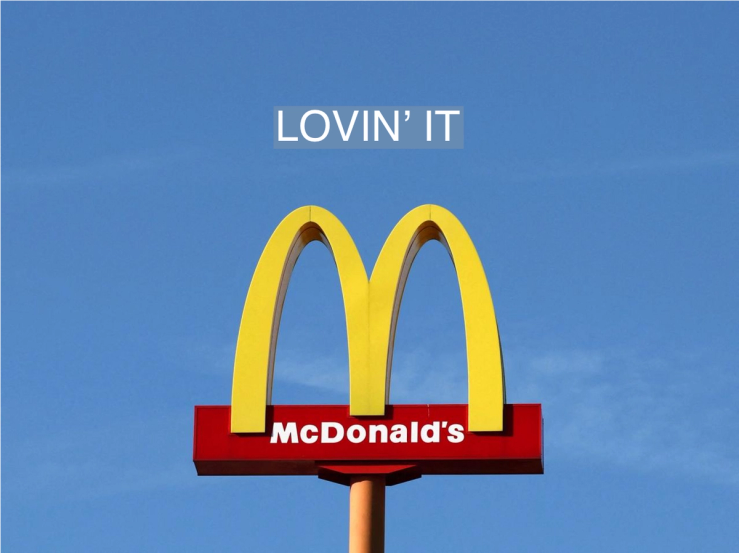The News
McDonald’s will open roughly 1,000 new outlets in China this year — part of what Bloomberg called a “breakneck expansion” in lower-tier cities in the country, where demand for Western fast food remains high.
The American fast-food chain has stated its ambition to have 10,000 restaurants in China by 2028. However, McDonald’s faces stiff competition from rivals such as Yum China — which owns Pizza Hut and KFC in the country, and which is also targeting cities outside of the economic hubs of Beijing and Shanghai.
SIGNALS
Consumers want cheap eats and discounts as economic growth remains slow
Growing competition between fast-food chains in China is spurred in part by the country’s ongoing “economic woes”, Bloomberg reported, with shoppers flocking to brands that offer promotions, cheap or discounted goods. Chinese consumers “remain cautious about spending”, a McKinsey report published late last year found, but will splurge on discounted goods — and companies are taking note. “[Chinese] consumers have over the last nine months been getting discounts on a steady day-to-day basis,” Shaun Rein, the managing director of a market research group in Shanghai, told the Associated Press in November, saying that omnipresent promotions had even led to waning interest in the country’s Singles’ Day shopping extravaganza.
Burgers and lattes are a ‘bright spot’ for foreign investment in China
As major Western brands such as Adidas and Apple consider moving manufacturing out of China over security concerns and amid tense U.S.-China relations, American fast-food chains see the 1.4-billion strong market as “simply too delicious to pass up,” the Associated Press reported.
Beijing may be looking to advanced industries such as semiconductor technology to modernize its economy, but it is the surge of fast-food chains that is a “bright spot” for foreign investment in the country, the AP said.
“As you try to interpret the signals from McDonald’s and Starbucks, note what the industries are: These are not high-tech burgers,” an economist at an American supply chain company told the news agency. Many companies committing to investing in China are consumer-facing, The Wall Street Journal reported, and view the market as a “promising long-term bet” despite China’s hard-hit economy. “I remain more confident than ever that we are still only in the early chapters of our growth story in China,” Starbucks’ longtime leader Howard Schultz told the Journal last year.



